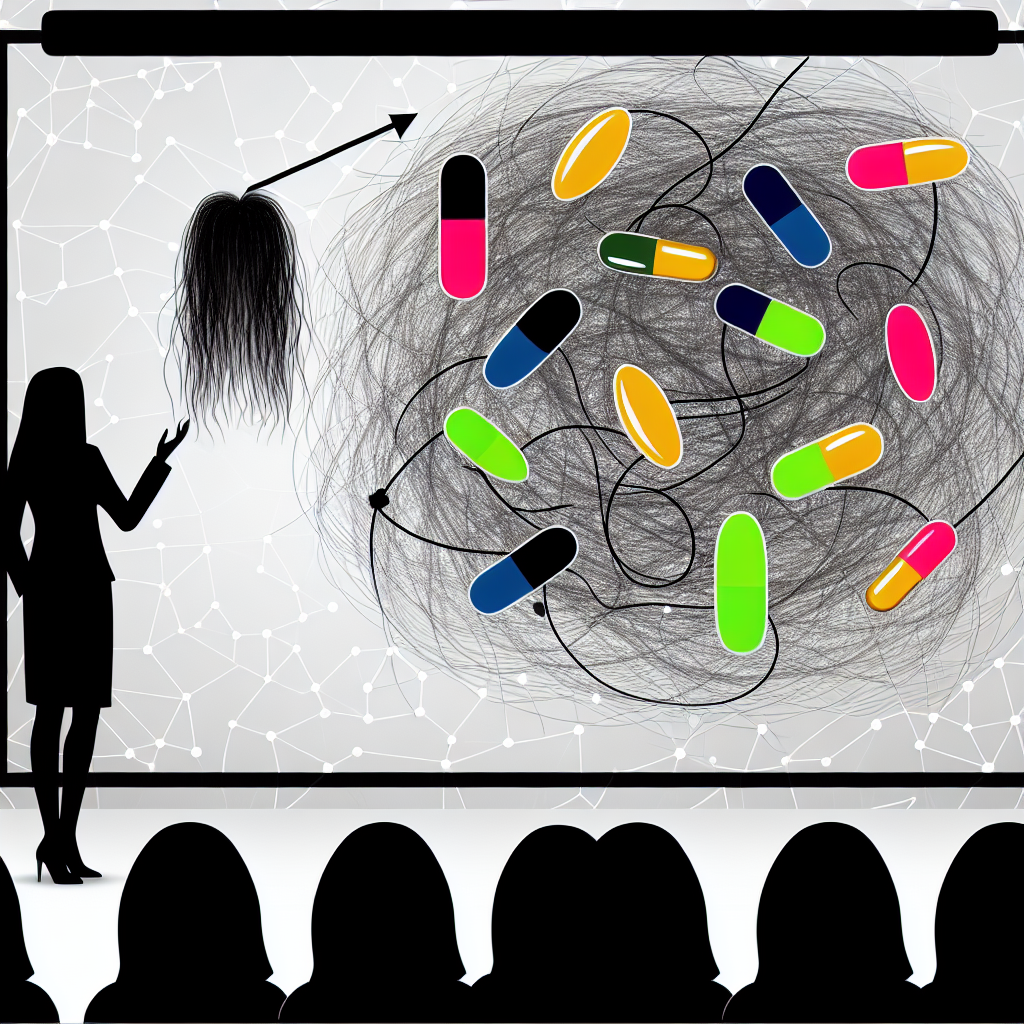Vitamin deficiencies disrupt healthy hair growth and cause the development of unhealthy hair follicles. Addressing a deficiency through diet and supplements can improve overall health.
However, consuming too many vitamins and minerals can be harmful. Excessive amounts of vitamin E can deplete zinc, while too much iron can interfere with thyroid function.
Deficiency Causes
Vitamins facilitate the processes like protein synthesis, cellular metabolism and hair growth. They also help protect hair follicle cells from damaging oxidative stress and promote healthy scalp and skin. Vitamin deficiencies interfere with these vital processes, leading to various symptoms like hair loss, skin problems and even autoimmune conditions that cause balding.
Folic acid, or vitamin B9, plays a crucial role in the rapid cell division that produces hair and other body tissues. Inadequate levels of this vitamin lead to thinning hair, increased daily shedding and delayed regrowth after shedding episodes. Folic acid deficiency can be diagnosed through a blood test screening for folic acid levels.
Vitamin A, or retinol, is essential for hair and skin health. Low levels of this vitamin lead to dry, itchy and flaking scalp, thinning hair and slow regrowth after shedding episodes. Vitamin A deficiency is commonly caused by consuming too many dietary supplements and can be corrected with a simple blood test.
Vitamin C, or ascorbic acid, is a water-soluble vitamin that has antioxidant properties, prevents the oxidation of LDL-cholesterol and assists iron absorption by chelating and reducing it. It is also a key player in collagen fiber synthesis and a natural antihistamine. It is possible to get enough vitamin C through a well-balanced diet that includes citrus fruits, green vegetables and potatoes.
Hair Health
Hair health is a good indicator of your overall well-being and if you aren’t getting the vitamins and nutrients you need, it will likely show in your locks. A healthy diet that includes meat, dairy, whole grains, fruits, vegetables and essential fatty acids is best to prevent unhealthy hair and scalp. However, if you aren’t able to get the nutrients you need through your diet, there are supplements specifically designed for healthy hair and scalp that can help. Some examples of these supplements are Vitamin B6, vitamin B12, folic acid and biotin. Foods that are rich in these include bananas, sweet potatoes, chicken, milk and eggs.
Expert Tips
The good news is that vitamin deficiencies often cause thinning hair or loss, and they can be treated with a change to diet and supplements. However, if you are already experiencing a more serious vitamin deficiency, it's important to speak with a doctor before beginning a new supplementation regimen.
A poor diet can lead to a vitamin deficiency, but so can certain medical conditions and medications that interfere with nutrient absorption. You should also watch out for any general symptoms that could signal a larger problem, such as extreme fatigue, unexplained weight loss, hair changes, muscle weakness, blotchy skin, mouth ulcers, gastrointestinal problems and mood changes.
Vitamin B12 is vital for DNA synthesis and red blood cell production, both of which support healthy hair follicles. Zinc is another crucial nutrient for healthy hair follicles, and it helps to regulate protein production and hormone regulation within the follicles. Zinc deficiency can result in thinning hair and increased hair shedding known as telogen effluvium. Luckily, this deficiency is treatable by eating foods rich in zinc, taking supplements under a doctor's supervision and having your blood tested to confirm a deficiency.
